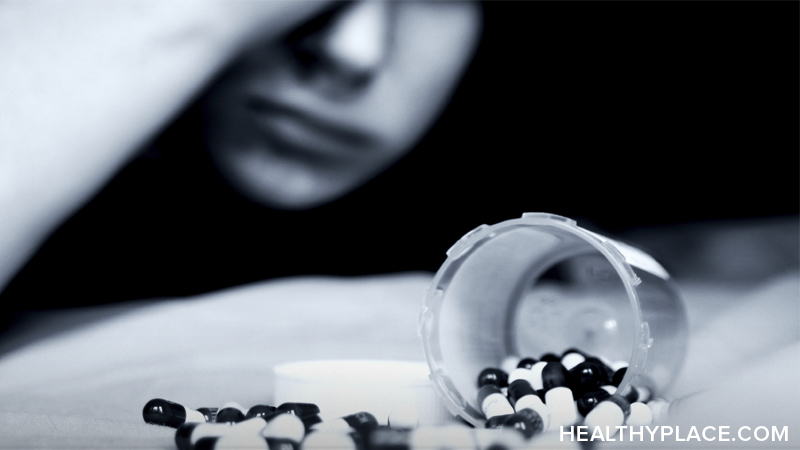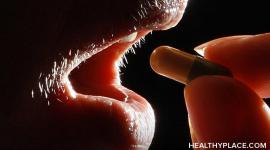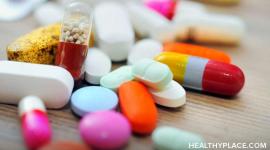Antidepressants Barely More Effective Than Placebos

New study suggests that antidepressants are only slightly more effective than a placebo.
Antidepressants work only slightly better than dummy pills, and the Food and Drug Administration has not informed physicians of how little benefit most of these depression drugs offer, suggests a study to be released next week.
Through a Freedom of Information Act request, two psychologists obtained 47 studies used by the FDA for approval of the six antidepressants prescribed most widely between 1987-99.
Overall, antidepressant pills worked 18 percent better than placebos, a statistically significant difference, "but not meaningful for people in clinical settings," says University of Connecticut psychologist Irving Kirsch. He and co-author Thomas Moore released their findings in "Prevention and Treatment," an e-journal of the American Psychological Association.
More than half of the 47 studies found that patients on antidepressants improved no more than those on placebos, Kirsch says. "They should have told the American public about this. The drugs have been touted as much more effective than they are." He says studies finding no benefit have been mentioned only on labeling for Celexa, the most recently approved drug. The others included in his evaluation: Prozac, Paxil, Effexor and Serzone.
Janet Woodcock of the FDA Center for Drugs challenges the claim that antidepressants are hardly better than placebos. "We make sure these drugs work before we put them on the market."
Clinical trials don't mimic real-life effectiveness, she says. Patients may be rated more ill than they really are at the outset because doctors are so eager to get them into drug trials. Then they improve "as they cycle through the illness," and that can skew findings. "We know [a clinical trial] is an artificial situation, but it's the best we have."
She says she doesn't know whether the FDA has given doctors labeling information about studies finding that the depression drugs don't work, "but we are trying to have labels that are more informative for physicians." The FDA requires two studies showing a statistically significant effect for approval of antidepressants.
"We've seen over and over that these depression drugs work, but they work best along with psychotherapy," says psychiatrist Michelle Riba of the University of Michigan Depression Center in Ann Arbor. Noting that psychologists are waging a determined fight to gain antidepressant prescription privileges, she adds, "If it's no big deal, why are they fighting so hard to get the right to prescribe these depression drugs?"
Pills by the Millions
New prescriptions written for six of the most widely prescribed antidepressants during 2000:
-- 10.7 million
Paroxetine (Paxil) -- 10.49 million
Fluoxetine (Prozac) -- 10 million
Citalopram (Celexa) -- 5.29 million
Venlafaxine (Effexor) -- 4.2 million
Nefazodone (Serzone) -- 2.34 million
Source: IMS Health, July 11, 2002
APA Reference
Gluck, S.
(2022, January 4). Antidepressants Barely More Effective Than Placebos, HealthyPlace. Retrieved
on 2026, January 30 from https://www.healthyplace.com/depression/antidepressants/antidepressants-barely-more-effective-than-placebos



